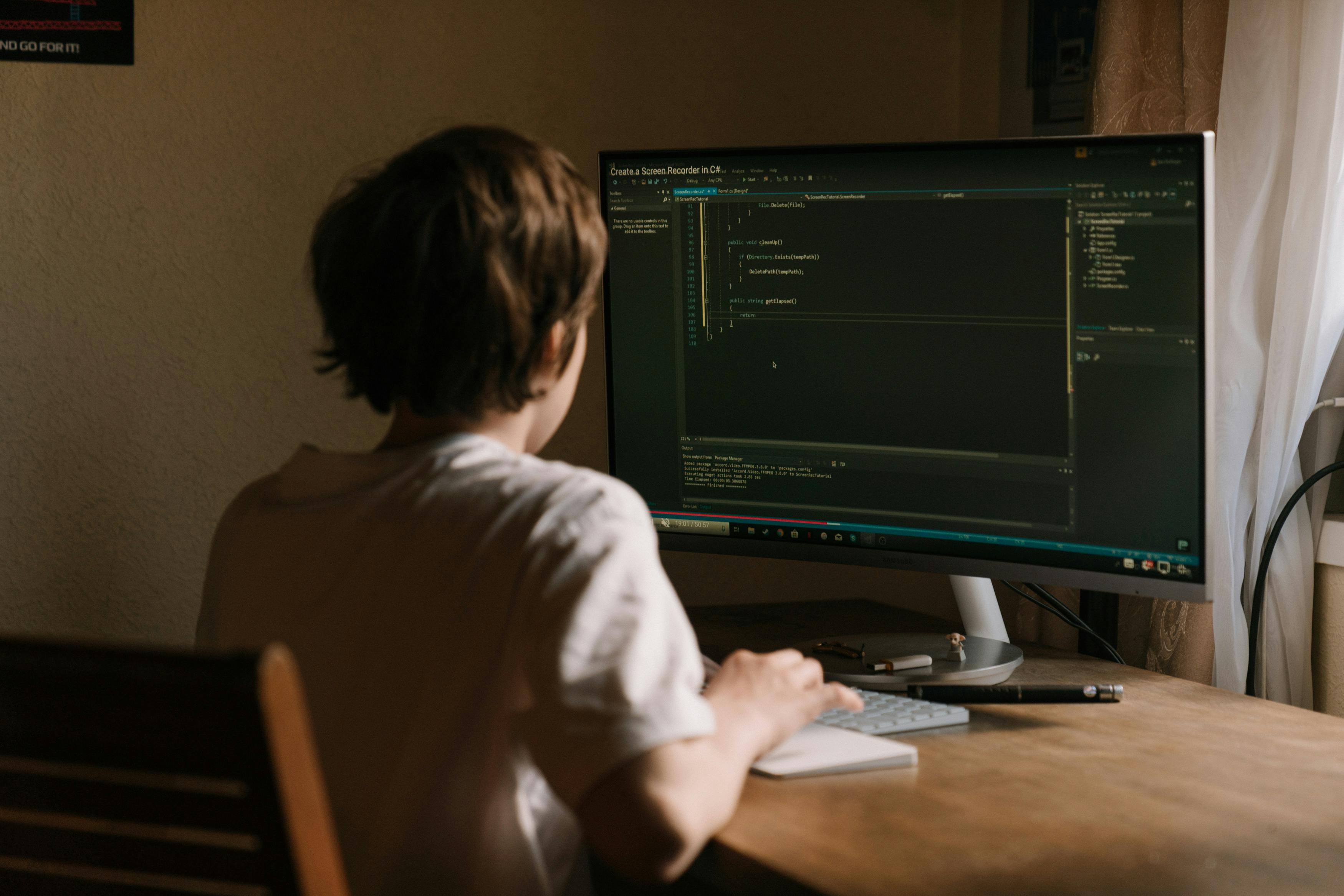Embarking on the journey to learn coding can be both exciting and overwhelming. With numerous programming languages and resources available, knowing where to start can be challenging. This comprehensive guide will help you navigate the initial steps of learning to code, providing a clear roadmap and practical tips to set you on the path to becoming a proficient programmer.
1. Understanding the Basics of Coding
Before diving into coding, it's essential to grasp some foundational concepts.
Key Concepts:
- What is Coding? Understanding coding as the process of writing instructions for computers.
- Programming Languages: Different languages serve various purposes; knowing their uses helps in selecting the right one.
- Development Environments: Introduction to Integrated Development Environments (IDEs) and code editors.
2. Choosing the Right Programming Language
Selecting a programming language depends on your goals and interests.
Popular Programming Languages:
- Python: Known for its readability and versatility, ideal for beginners.
- JavaScript: Essential for web development and creating interactive websites.
- Java: Widely used in enterprise applications and Android development.
- C++: Suitable for system programming and game development.
Factors to Consider:
- Career Goals: Align language choice with your desired field.
- Learning Curve: Consider how easy it is to start with the language.
3. Finding Learning Resources
Access to quality resources can significantly impact your learning experience.
Types of Resources:
- Online Courses: Platforms like Coursera, Udemy, and edX offer structured courses.
- Books: Comprehensive guides and textbooks for in-depth understanding.
- Tutorials and Blogs: Free resources and community blogs for hands-on learning.
- Coding Bootcamps: Intensive programs designed to teach coding in a short time.
How to Choose Resources:
- Credibility: Opt for resources from reputable sources.
- User Reviews: Check reviews and ratings from other learners.
4. Building a Learning Plan
A structured plan helps in maintaining focus and achieving milestones.
Creating a Plan:
- Set Goals: Define what you want to achieve in the short and long term.
- Schedule: Allocate regular time for learning and practicing.
- Track Progress: Use tools or journals to monitor your learning journey.
5. Hands-On Practice and Projects
Practical experience is crucial for reinforcing what you’ve learned.
Practice Methods:
- Coding Challenges: Websites like LeetCode and HackerRank offer practice problems.
- Build Projects: Start with small projects and gradually tackle more complex ones.
- Contribute to Open Source: Collaborate on open source projects to gain real-world experience.
6. Joining Coding Communities
Engaging with communities can provide support and motivation.
Types of Communities:
- Online Forums: Participate in forums like Stack Overflow and Reddit.
- Local Meetups: Join local coding groups or tech meetups.
- Social Media Groups: Follow coding groups on platforms like Twitter and LinkedIn.
7. Overcoming Challenges and Staying Motivated
Coding can be challenging, but perseverance is key.
Common Challenges:
- Debugging Issues: Learn to troubleshoot and debug effectively.
- Keeping Up with Technology: Stay updated with the latest trends and tools.
Staying Motivated:
- Celebrate Milestones: Acknowledge and reward your progress.
- Seek Feedback: Regularly get feedback from peers or mentors.
- Keep Learning: Continuously explore new technologies and improve your skills.
8. Advancing Your Skills
Once you’ve mastered the basics, it's time to advance further.
Next Steps:
- Learn Advanced Concepts: Dive into more complex topics like algorithms and data structures.
- Explore Specializations: Consider specializing in areas like web development, data science, or mobile app development.
- Pursue Certifications: Obtain certifications to validate your skills and enhance your resume.
Conclusion
Starting to learn coding in 2024 can be a transformative experience, opening doors to numerous opportunities in the tech industry. By understanding the basics, choosing the right resources, and engaging in practical practice, you can build a solid foundation in programming. Remember, coding is a journey of continuous learning and improvement, so stay curious, persistent, and enthusiastic as you advance in your programming career.

